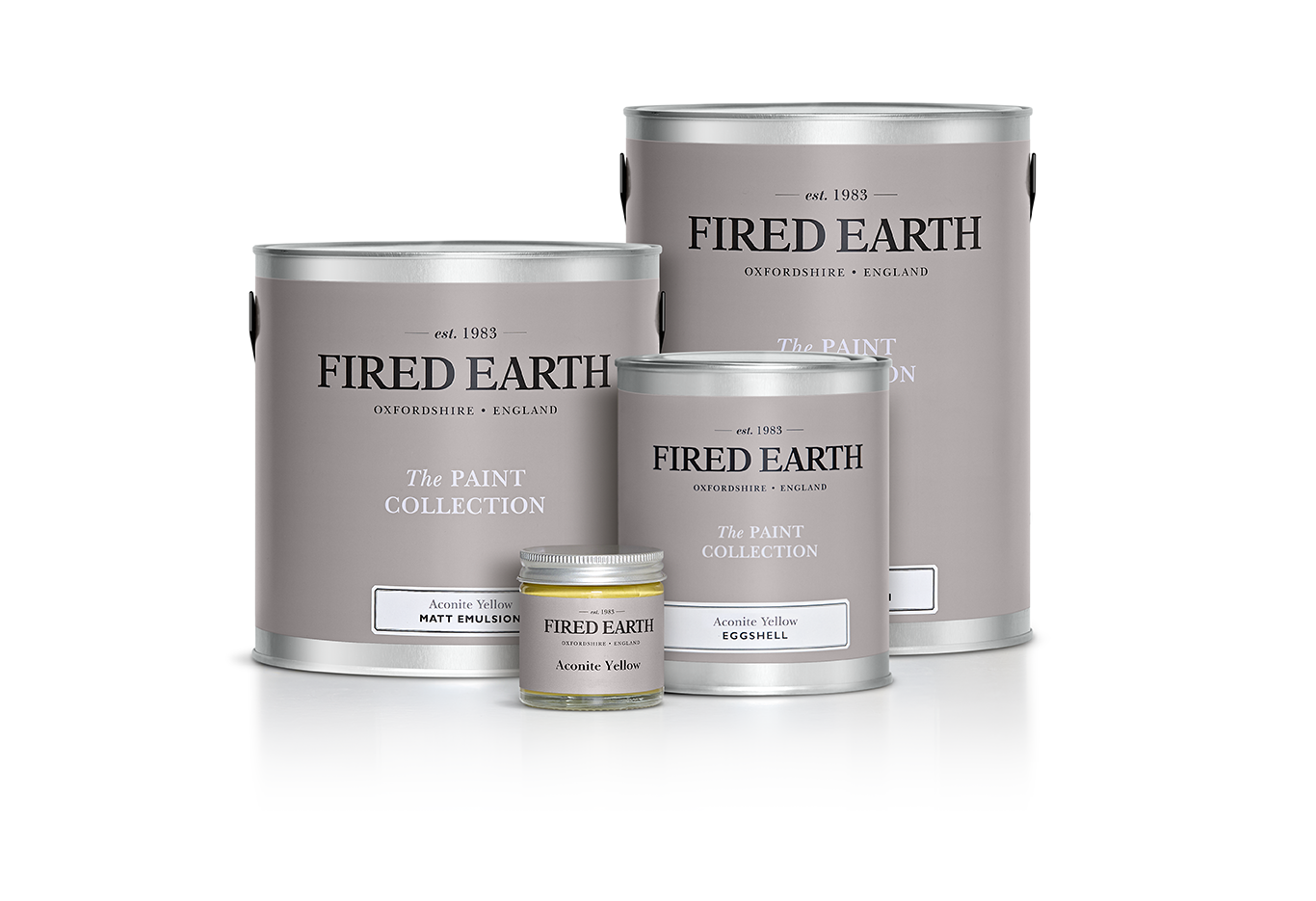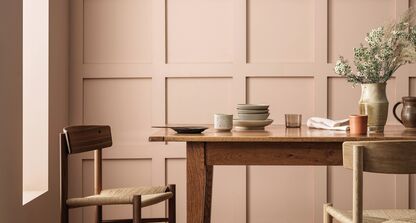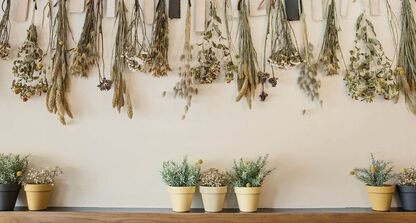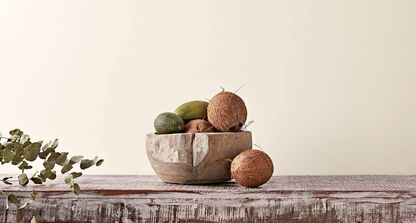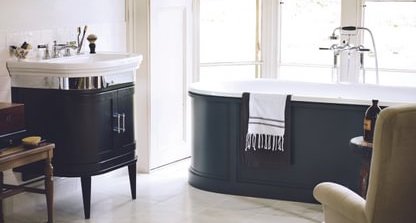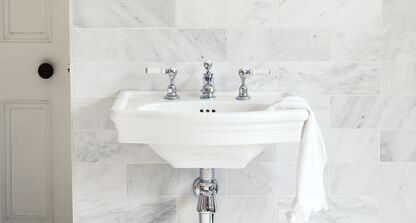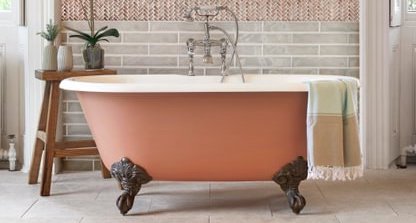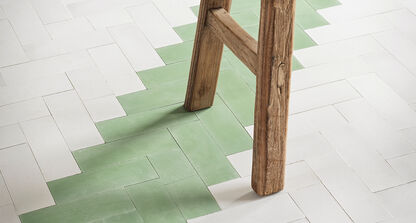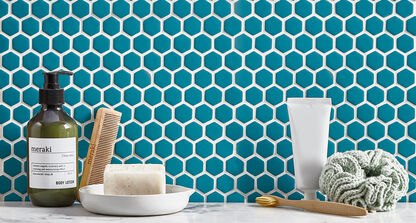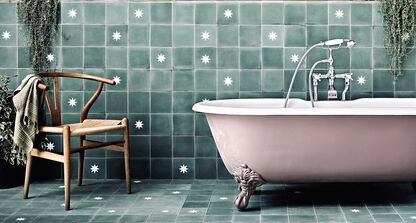How do I prepare a surface for painting?
Emulsion
Surfaces must be clean, dry and free from loose and flaking material, including dirt, grease and so on.
Repairs should be carried out prior to painting
Areas contaminated with fungal or algal growth should be treated with a proprietary fungicidal agent or with a 25% mix of household bleach and water before painting.
Surfaces previously treated with oil-based paint should be lightly abraded before painting.
Eggshell
Surfaces must be clean, dry and free from loose and flaking material, including dirt, grease and so on.
Repairs should be carried out prior to painting.
Areas contaminated with fungal or algal growth should be treated with a proprietary fungicidal agent or with a mix of 25% household bleach and water before painting.
Surfaces previously treated with oil-based paint should be lightly abraded before painting.
Bare woodwork and metals should be primed with Fired Earth primer undercoat. When applying on external surfaces please ensure a suitable outdoor primer is used.
Exterior Masonry
Surfaces must be clean, dry and free from loose and flaking material, including dirt, grease and so on. Areas with cracking and loose paint must be repaired before any paint is applied.
Areas contaminated with fungal or algal growth should be treated with a proprietary fungicidal agent or with a mix of 25% household bleach and water before painting. Surfaces previously treated an oil-based paint should be lightly abraded before painting.
All newly rendered surfaces must be dried out completely and need to be left to dry and ‘weather in’ for at least six months before painting. If you are unsure, please seek further advice from a professional prior to painting.
Old rendered surfaces, or surfaces which may be unsound, may not allow further application of paint to adhere to the surface. Please seek professional advice.
